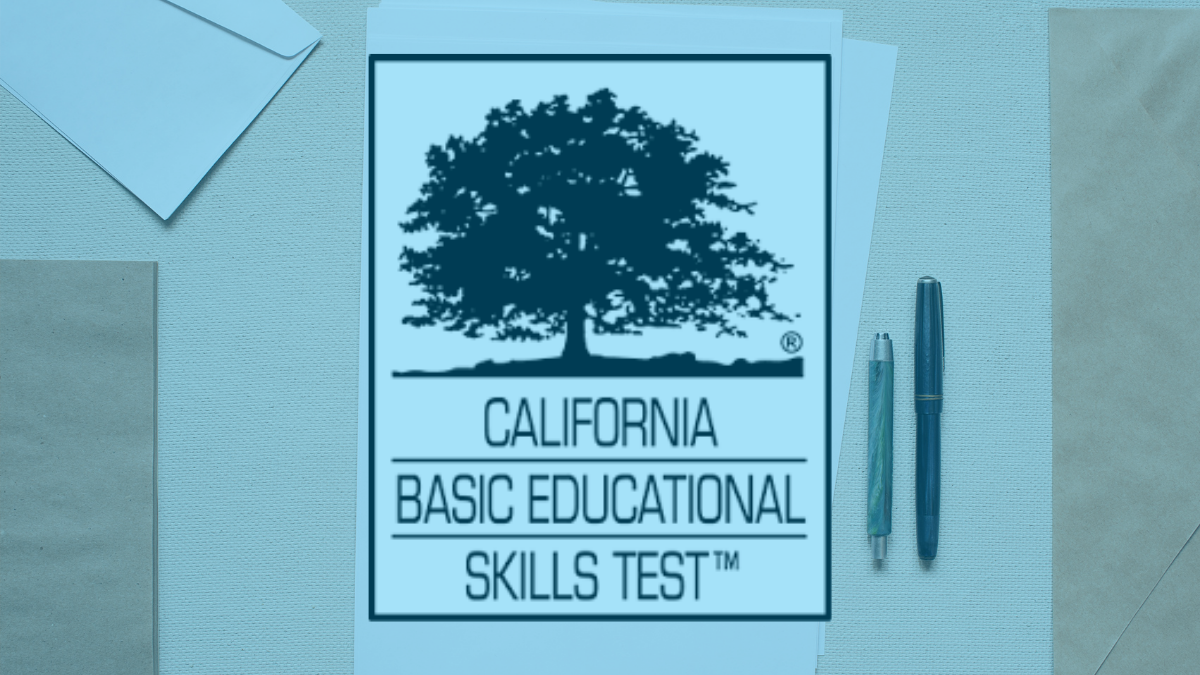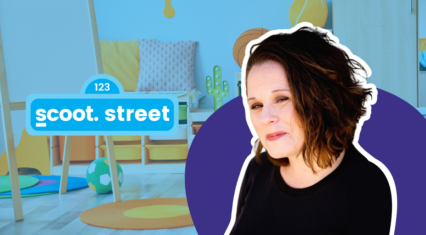Search
Get started
Log into your referral dashboard
In early July 2021, the California Commission on Teacher Credentialing (CTC) approved new and more accessible ways for incoming teachers to pursue the teaching profession.
Aspiring teachers can now use relevant collegiate-level coursework to meet the Basic Skills and Subject Matter requirements in lieu of the California Basic Education Skills Test (CBEST) and the California Subject Examination for Teachers (CSET).
You can also apply for fee waivers for first-time credentials.
1. new ways to pass CBEST requirements
The newly signed California TK-12 Education Trailer Bill (AB 130) allows you to meet the CBEST and CSET requirements by using relevant collegiate-level coursework.
The California Education Code and Title 5 Regulations specify, in most cases, that applicants for a credential, certificate, or permit to serve in the public schools of California must verify basic skills proficiency before the credential, certificate, or permit will be issued.
With this newly signed bill, California expanded the choices available to teacher candidates by permitting, relevant collegiate-level coursework to be used to meet the Basic Skills and
Subject Matter requirements in lieu of the California Basic Education Skills Test (CBEST) and the
California Subject Examination for Teachers (CSET).
Basic Skills Requirement
If you graduated with a bachelor’s degree, substitute teachers simply have to provide official transcripts to a Commission-approved preparation program or submitted with their application packet to the Commission.
The coursework for satisfying the Basic Skills Requirement must meet the following:
- Earn a grade of “B” or better (B- would be acceptable)
- In the subject areas of:
- reading
- including courses in critical thinking, literature, philosophy, reading, rhetoric, or textual analysis
- writing
- including courses in composition, English, rhetoric, written communications, or writing
- mathematics
- including courses in geometry, mathematics, quantitative reasoning, or statistics
- reading
- In the subject areas of:
- Have been taken at a regionally accredited college or university
- 3 semester units (or equivalent quarter units)
- Been taken for academic credit (earned units)
- Be degree applicable (AA degree applicable is OK)
Unfortunately, the following coursework is NOT acceptable:
- Professional development or continuing education units
- In-service training or workshops
- Courses where credits do not apply toward the requirements for an associate’s degree, baccalaureate degree, or higher degree
The law also allows the following:
- Commission-approved preparation programs can accept other courses if the registar or relevant department chair provides written documentation.
- You can use a single course to meet both the reading and writing requirements if you’re able to obtain a letter from the issuing English department chair that confirms the single course includes significant content in both reading and writing.
- Commission-approved programs can use a mix-and-match from available options for candidates.
- For example, if you pass the CBEST subtests in reading and writing but not math, then you can use the two subtests and coursework that meets the math criteria as satisfying the above rules.
For prospective teachers completing a California preparation program, the program sponsor may verify the completion of basic skills via this option. To complete a credential recommendation, each program will need to indicate how the applicant has fulfilled the Basic Skills Requirement.
Programs should attach the new form 41-BSR to any credential recommendation where the candidate has met BSR by coursework or a combination of coursework and exams. View Leaflet CL-667 for more information.
2. new ways to pass CSET requirements
Typically, you would have to take and pass all appropriate CSET examinations or complete an approved commission to pass CSET requirements.
But as of July 2021, prospective teachers may also use subject-relevant coursework that meets or exceeds the Commission’s subject matter requirements to pass the appropriate CSET requirements.
The coursework for satisfying CSET must meet the following:
- For Single Subject credentials. the major must be in one of the subjects of single subject credential defined in statute
- For Multiple Subject credentials, the major must be in liberal studies or an interdisciplinary major that addresses all the content areas of the Multiple Subject credential
- For Education Specialists the major must meet the Multiple Subject requirements or be in a subject aligned to authorized CSET examination content areas used for an Education Specialist credential
You can use a combination of options to pass CSET requirements. For example, you can pass two or three CSET subtests in addition to using prior coursework.
3. credential fee waivers
The 2021-22 California state budget includes $20 million to provide a credential fee waiver between July 1, 2021 and June 30, 2022 for those entering the PK-12 educator workforce.
This fee waiver applies to all credential pathways, including applicants trained outside of California. However, this fee waiver is only applicable if it’s the first time you’re applying for the credential. So you can’t use it if you’re a licensed teacher renewing your credentials.
The following credentials and permits are eligible for a fee waiver:
- Initial Preliminary Multiple Subject Credential
- Initial Preliminary Single Subject Credential
- Initial Preliminary Education Specialist Credential
- Initial Preliminary Career Technical Education Credential
- Initial Intern Credential (all types)
- Initial Preliminary Administrative Services Credential
- Initial Preliminary Speech-Language Pathologist Services Credential
- Initial Pupil Personnel Services Credential
- Initial Preliminary School Nurse Services Credential
- Initial Preliminary Teacher Librarian Services Credential
- Initial Clinical Rehabilitative Services Credential
- Initial Certificate of Clearance
- Initial Child Development Permits (all types, including upgrades to higher level permits)
- Initial Substitute Teaching Permit (all types)
- Initial Teaching Permit for Statutory Leave
The following credentials and permits are NOT eligible for a fee waiver:
- Clear Teaching Credential Renewals
- Clear Services Credential Renewals
- Extensions by Appeal
- Designated Subjects Adult Education Teaching Credentials
- Child Development Permit Renewals
- Provisional Internship Permits
- Short-Term Staff Permits
- Variable Term Waivers
- Program-Sponsor Variable Term Waivers
- Other Emergency and Limited Assignment Permits
For more details, including how the fee waiver is implemented, check out the official correspondence.





![How to write a strong substitute note [+free template!]](https://scoot.education/wp-content/uploads/2022/05/thank-you-426x235.png)



